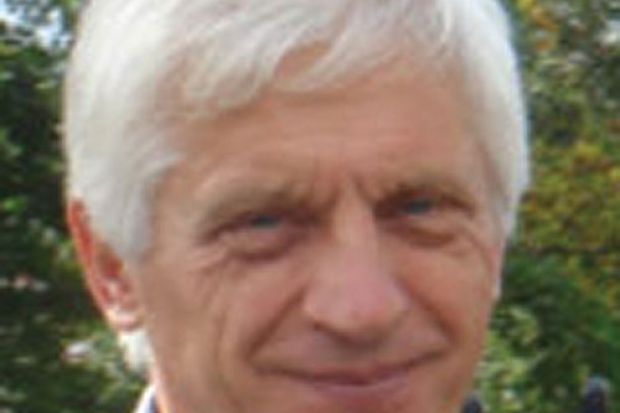Leverhulme Trust
Research Leadership Awards
Sciences
- Award winner: Michelle Moram
- Institution: Imperial College London
- Value: £893,476
Material solutions for a developing world
Research Project Grants
Sciences
- Award winner: Mark Sephton
- Institution: Imperial College London
- Value: £123,053
The Moon as a recorder of organic matter in the solar system
- Award winner: Richard Tipping
- Institution: University of Stirling
- Value: £119,359
Landscape dynamics and Bannockburn 1314: scientific answers to historical problems
- Award winner: Dave Townsend
- Institution: Heriot-Watt University
- Value: £210,426
A novel LIAD source for the enhanced study of molecular dynamics
- Award winner: Aidong Yang
- Institution: University of Surrey
- Value: £179,597
Engineering localised synergetic production networks based on renewable resources
International Networks
Sciences
- Award winner: Brice Rea
- Institution: University of Aberdeen
- Value: £119,180
Using glacier-climate proxies to model the Younger Dryas climate in Europe
Major Research Fellowships
- Award winner: Andrew Gow
- Institution: King’s College London
- Value: £147,246
The Mladic trial and the legacy of the Yugoslavia tribunal
- Award winner: Daniel Langton
- Institution: University of Manchester
- Value: £95,122
Darwin’s Jews: evolutionary theory, Jewish thought and interfaith relations
- Award winner: William Lucy
- Institution: Durham University
- Value: £77,686
Law’s abstract judgment
Action Medical Research
Research Project Grants
- Award winner: Hannah Mitchison
- Institution: University College London
- Value: £118,734
Primary ciliary dyskinesia: helping communities at risk of this debilitating illness
- Award winner: Alexander Seifalian
- Institution: Royal Free Hospital, London
- Value: £149,374
Congenital heart disease: developing stents for children
National Institute for Health Research
Public Health Research programme
- Award winner: Russell Jago
- Institution: University of Bristol
- Value: £743,591
Cluster randomised controlled trial of an after-school dance programme to increase physical activity among 11- to 12-year-old girls
In detail
Award winner: Martin Williams
Institution: King’s College London
Value: £378,370
Public health air pollution impacts of different pathways to meet the UK Climate Change Act commitment to 80 per cent reduction of CO2 and other greenhouse gas emissions by 2050
The UK has incorporated into legislation a target to cut “carbon dioxide equivalents” by 80 per cent by 2050, but not all efforts to reduce CO2 will improve air quality. Substituting biomass, or wood, for fossil fuels could reduce CO2 emissions, but burning wood can release harmful particles and potential carcinogens. The project will assess the impact of various scenarios for hitting the target. These will involve different proportions of fuels and transport modes. The project will seek to identify scenarios that achieve the CO2 target with fewest negative public health impacts.
Register to continue
Why register?
- Registration is free and only takes a moment
- Once registered, you can read 3 articles a month
- Sign up for our newsletter
Subscribe
Or subscribe for unlimited access to:
- Unlimited access to news, views, insights & reviews
- Digital editions
- Digital access to THE’s university and college rankings analysis
Already registered or a current subscriber?
